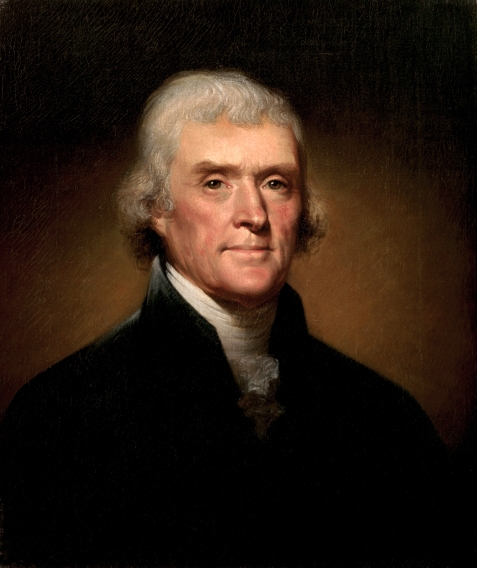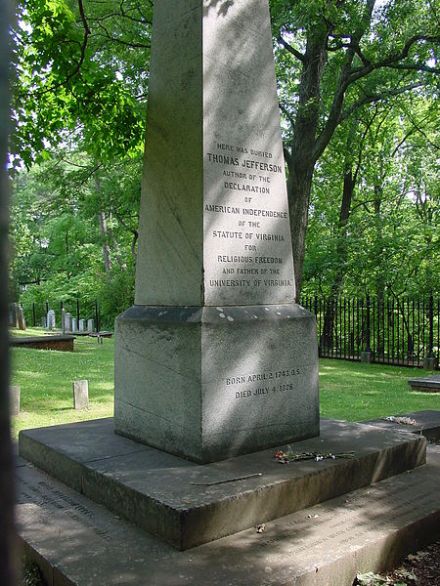On this day in 1786, the Virginia Assembly enacted the Statute for Religious Freedom. The statute was written by Thomas Jefferson in 1777 and provided for freedom of religion in Virginia. It ended the dominance of the Church of England and instead ensured there was no established church.
“no man shall be compelled to frequent or support any religious worship, place or ministry whatsoever”
Jefferson was, as we know, a man of many achievements. However he only requested for three of his accomplishments to be recorded on his grave: authoring the Declaration of Independence, founding the University of Virginia, and drafting the Virginia Statute for Religious Freedom.
This statute was very important to Jefferson, it reflected many of his core beliefs about religion and government. It enshrines his firm commitment to the separation of church and state, evidenced by the fact that this statute was the influence behind the Establishment Clause of the US Constitution which prevents Congress from establishing a religion. The statute also reflects Jefferson’s belief that the people have the right to change laws through elected assemblies, as he asserts that the law is not irrevocable. The Virginia Statute was the model that the rest of the United States would follow to ensure it remained a beacon of religious freedom for the oppressed. It is debatable whether modern America lives up to Jefferson’s utopian ideal of a religiously neutral state. Despite this, we can certainly agree with Jefferson that the Virginia Statute was one of his crowning achievements.


